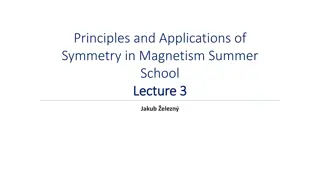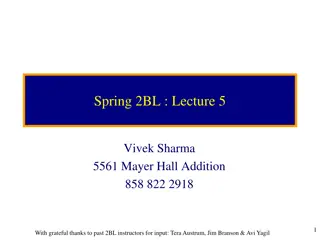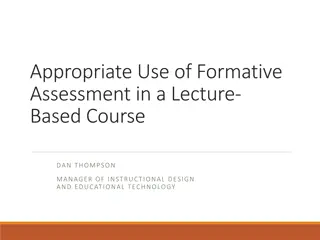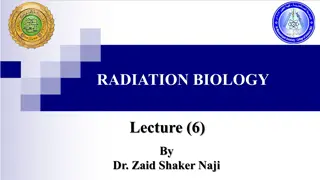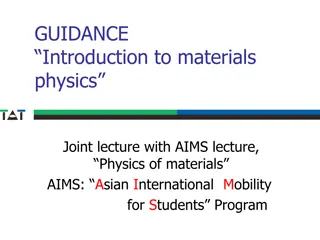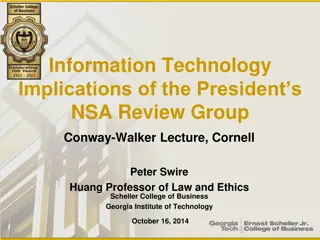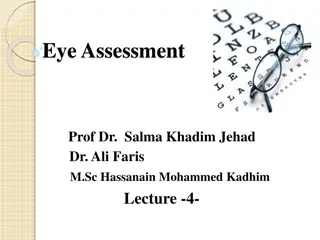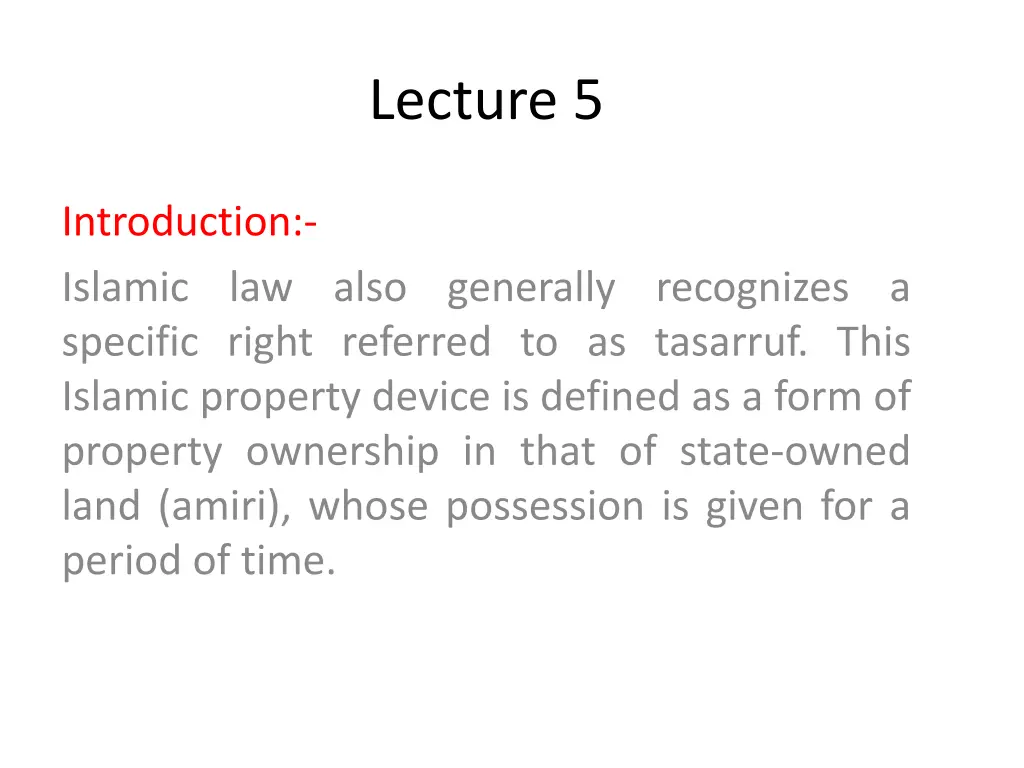
Understanding Islamic Property Devices in Iraqi Law
Explore the concept of Tasarruf in Islamic law and its application to state-owned land in Iraq. Learn about the rights and obligations associated with Tasarruf, as outlined in the Iraqi Civil Code, and how it differs from traditional property ownership. Discover the incorporation of Islamic concepts into the Iraqi Civil Code within a predominantly Islamic culture.
Download Presentation

Please find below an Image/Link to download the presentation.
The content on the website is provided AS IS for your information and personal use only. It may not be sold, licensed, or shared on other websites without obtaining consent from the author. If you encounter any issues during the download, it is possible that the publisher has removed the file from their server.
You are allowed to download the files provided on this website for personal or commercial use, subject to the condition that they are used lawfully. All files are the property of their respective owners.
The content on the website is provided AS IS for your information and personal use only. It may not be sold, licensed, or shared on other websites without obtaining consent from the author.
E N D
Presentation Transcript
Lecture 5 Introduction:- Islamic law also generally recognizes a specific right referred to as tasarruf. This Islamic property device is defined as a form of property ownership in that of state-owned land (amiri), whose possession is given for a period of time.
Lecture 5 Q : Define the concept of Tasarruf? Article 1233 of the Iraqi Code makes clear the superiority of the state over holders of tasarruf, noting that [t]he holder of a tasarruf over an amiri land shall forfeit his right of disposal over it if he has failed to exploit it himself or by lending or renting it out and [leaving] it without growing any crops thereon for three consecutive years without having valid cause for said failure.
Lecture 5 The second paragraph of the article states: After that the land shall be offered to him: if he claims it will be assigned to him a second time for comparable consideration; but if he has died it will be offered to his [successors] . . .if it is claimed [by his successors] it will be assigned to them against the comparable consideration; if it is not claimed by him or any [successor] it will be assigned to the highest bidder in [an] auction where.. .persons entitled to register in the Land Registration Department are disregarded. '
Lecture 5 Commentators have routinely compared this right to a usufruct in government property." However, tasarrufis considered to subsume the actual right of usufruct where it is applicable. Thus, there is no such thing in Iraqi law as a usufruct in amiri land--one must resort to the tasarruf.
Lecture 5 From a civilian perspective, there is nothing improper in the incorporation of these Islamic concepts in a civil code that exists within a predominantly Islamic culture. Just as the Louisiana Civil Code adapted to its needs by adopting a fourth book, so Iraq has incorporated into its civil code those traditional property devices to which the polity was accustomed. Nonetheless, as with its structure and its law of obligations, the Iraqi Civil Code's articles concerning property adhere to the distinctive and highly stylized civilian system of property ownership.


